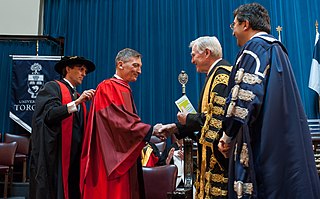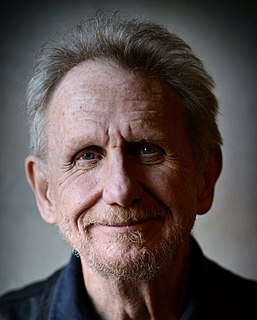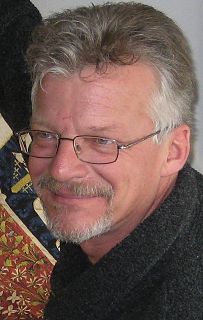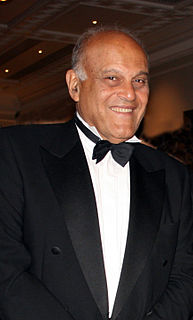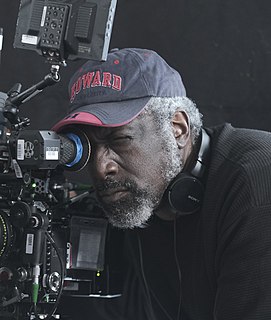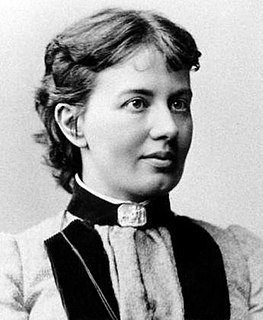Top 1200 Science And Philosophy Quotes & Sayings - Page 20
Explore popular Science And Philosophy quotes.
Last updated on October 22, 2024.
I fully agree with you about the significance and educational value of as well as history and philosophy of science. So many people today - and even professional - seem to me like someone who has seen thousands of trees but has never seen a forest. A knowledge of the historic and philosophical background gives that kind of independence from prejudices of his generation from which most scientists are suffering. This independence created by philosophical insight is - in my opinion - the mark of distinction between a mere artisan or specialist and a real seeker after truth.
Common sense … has the very curious property of being more correct retrospectively than prospectively. It seems to me that one of the principal criteria to be applied to successful science is that its results are almost always obvious retrospectively; unfortunately, they seldom are prospectively. Common sense provides a kind of ultimate validation after science has completed its work; it seldom anticipates what science is going to discover.
Poetry is a bad medium for philosophy. Everything in the philosophical poem has to satisfy irreconcilable requirements: for instance, the last demand that we should make of philosophy (that it be interesting) is the first we make of a poem; the philosophical poet has an elevated and methodical, but forlorn and absurd air as he works away at his flying tank, his sewing-machine that also plays the piano.
Homosexuality is a cause, much like a religion. What is the philosophy behind gay pride parades? The same philosophy that there is behind Muslim demonstrations! Show of force and promotion of the ethos! Homosexuals promote their lifestyle much like religionists promote their religion. I suppose they realize that the bigger is their number, the more political clout they can wield.
The scriptures, for example, discredit an ancient philosophy that has come back into vogue in our day-the philosophy of Korihor that there are no absolute moral standards, that "every man prospers according to his genius, and that every man conquers according to his strength; and whatsoever a man does is no crime" and "that when a man is dead, that is the end thereof".
In other words, the propositions of philosophy are not factual, but linguistic in character - that is, they do not describe the behaviour of physical, or even mental, objects; they express definitions, or the formal consequences of definitions. Accordingly we may say that philosophy is a department of logic. For we will see that the characteristic mark of a purely logical enquiry, is that it is concerned with the formal consequences of our definitions and not with questions of empirical fact.
Science is wonderful at destroying metaphysical answers, but incapable of providing substitute ones. Science takes away foundations without providing a replacement. Whether we want to be there or not, science has put us in the position of having to live without foundations. It was shocking when Nietzsche said this, but today it is commonplace; our historical position-and no end to it is in sight-is that of having to philosophise without 'foundations'.
To a certain extent all philosophers have been involved in a systematic questioning that undermines confidence and certainty. Philosophy as a whole unleashed skeptical forces which, outside of the tightly controlled environment of a rigorous philosophical debate, led a lot of people to throw their hands up in despair and think 'what's the point?'. A lot of the public perception of philosophy is that it leaves you with no answers, and more confused than you were at the beginning.
The men who are not interested in philosophy need it most urgently: they are most helplessly in its power. The men who are not interested in philosophy absorb its principles from the cultural atmosphere around them-from schools, colleges, books, magazines, newspapers, movies, television, etc. Who sets the tone of a culture? A small handful of men: the philosophers. Others follow their lead, either by conviction or by default.
'Filk' is the folk music of the science fiction and fantasy community - you get parodies, you get traditional music that's had the words slightly modified, and you'll also get just original works that have been written about science fiction and fantasy works, or with science fiction and fantasy themes.
I am only about half alive - a large part of my strength is consumed in sitting up or walking. My nervous system is a shattered wreck, and I am absolutely bored & listless save when I come upon something which peculiarly interests me. However - so many things do interest me, & interest me intensely, in science, history, philosophy, & literature; that I have never actually desired to die, or entertained any suicidal designs, as might be expected of one with so little kinship to the ordinary features of life.
Science is a human activity, and the best way to understand it is to understand the individual human beings who practise it. Science is an art form and not a philosophical method. The great advances in science usually result from new tools rather than from new doctrines. ... Every time we introduce a new tool, it always leads to new and unexpected discoveries, because Nature's imagination is richer than ours.
Science is the only news. When you scan a news portal or magazine, all the human interest stuff is the same old he-said-she-said, the politics and economics the same cyclical dramas, the fashions a pathetic illusion of newness; even the technology is predictable if you know the science behind it. Human nature doesn't change much; science does, and the change accrues, altering the world irreversibly
The private motives of scientists are not the trend of science. The trend of science is made by the needs of society: navigation before the eighteenth century, manufacture thereafter; and in our age I believe the liberation of personality. Whatever the part which scientists like to act, or for that matter which painters like to dress, science shares the aims of our society just as art does.
I have tried to read philosophers of all ages and have found many illuminating ideas but no steady progress toward deeper knowledge and understanding. Science, however, gives me the feeling of steady progress: I am convinced that theoretical physics is actual philosophy. It has revolutionized fundamental concepts, e.g., about space and time (relativity), about causality (quantum theory), and about substance and matter (atomistics), and it has taught us new methods of thinking (complementarity) which are applicable far beyond physics.
How can a man find a sensible way to live? One way and one only- Philosophy. And my philosophy means keeping that vital spark within you free from damage and degradation, using it to transcend pain and pleasure, doing everything with a purpose, avoiding lies and hypocrisy, not relying on another person's actions or failings. To accept everything that comes, and everything that is given, as coming from that same spiritual source.
All "if" statements about the past are as dubious as prophecies of the future are. It seems fairly plausible that if Alexander or Ghengis Khan had never been born, some other individual would have filled his place and executed the design of the Hellenic or Mongolic expansion; but the Alexanders of philosophy and religion, of science and art, seem less expendable; their impact seems less determined by economic challenges and social pressures; and they seem to have a much wider range of possibilities to influence the direction, shape and texture of civilizations.







